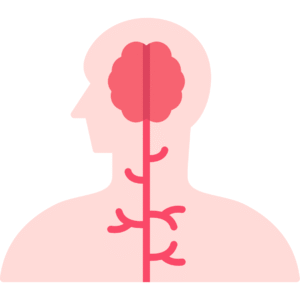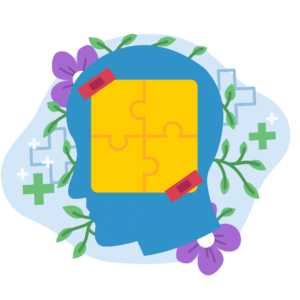If we continue with the concept of stress influencing an eating disorder, we begin to see how an eating disorder can become a source of trauma; all eating disorders create stress on the body. Through this lens, we can reframe ED symptoms: starvation, binging, purging, dieting, and excessive exercise are seen as forms of physical abuse, neglect, and assault on the body. An eating disorder’s lack of boundaries can be viewed as emotional abuse. Thought and belief distortions are a form of gaslighting, negative self-body talk is a source of bullying from the inside out, and the intrusive behaviors that the eating disorder suggests are harassment.
Using this trauma informed lens allows one to challenge the validity of eating disorders as a life preserver. This belief comes genuinely and innocently in search for a means of protection, but a trauma informed approach accounts for how EDs may eventually become the source/bully. However, this must be done cautiously and consciously. Challenging someone to give up control of food is asking them to give up one thing that creates safety for them in that fight or flight system or collapse mode. It’s important as care providers to connect and build trust over time. As individuals lose their safety mechanisms (i.e. ED behaviors), they are trusting that we are going to be there to hold the space for them to find a new meaning of safety within their own bodies. The core tenets of trauma informed care provide us a foundation for doing so:







































































